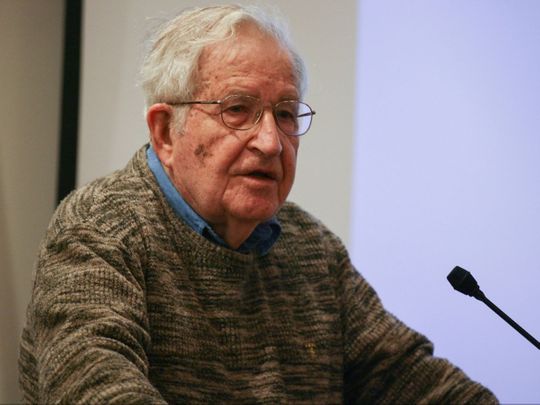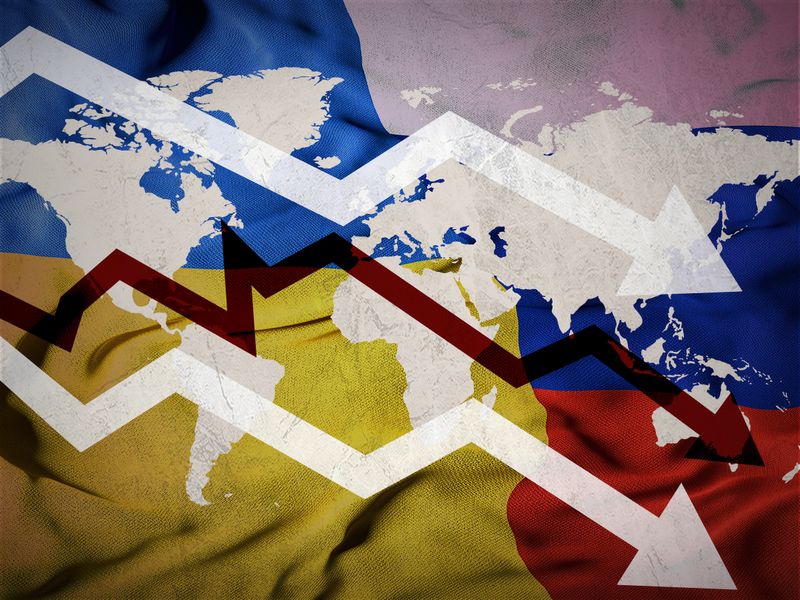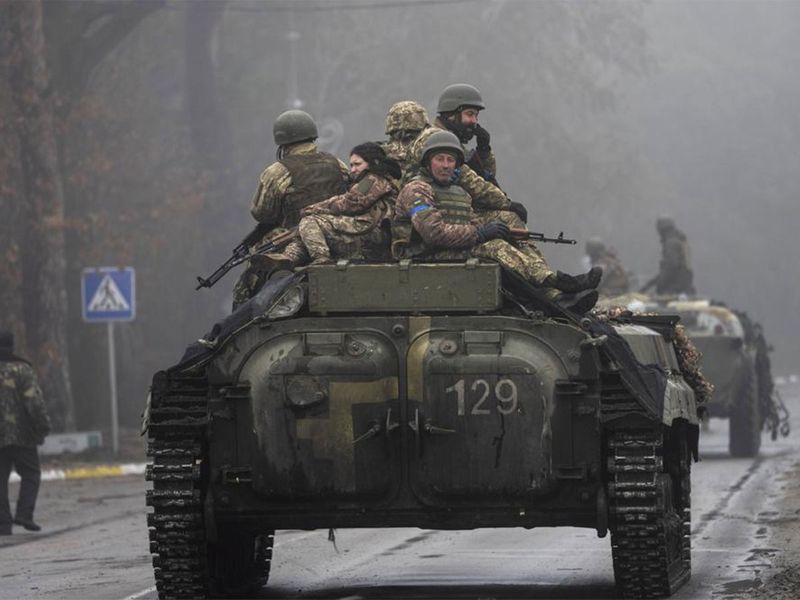
One of the reasons that Russian media has been completely blocked in the West, along with the unprecedented control over the Ukraine war narrative, is the fact that many western governments simply do not want their public to know that the world is vastly changing.
Ignorance might be bliss, arguably in some situations, but not in this case. Here, ignorance can be catastrophic as western audiences are denied access to information about a critical situation that is affecting them in profound ways and will most certainly impact the world’s geopolitics for generations to come.
The growing global inflation, an imminent recession, a festering refugee crisis, a deepening food shortage crisis and much more are the kinds of challenges that require open and transparent discussions regarding the situation in Ukraine, the Nato-Russia rivalry and other pressing issues
To discuss these issues, along with the missing context of the Russia-Ukraine war, we spoke with Professor Noam Chomsky, one of the greatest living public intellectuals of our times.
Nato expansion
Chomsky, who teaches at the Massachusetts Institute of Technology (MIT), told Gulf News that it “should be clear that the attack of Ukraine has no (moral) justification.” With this moral question settled, Chomsky believes that the main ‘background’ of this war, a factor that is missing in mainstream media coverage, is “Nato expansion”.
“This is not just my opinion,” said Chomsky, “it is the opinion of every high-level US official in the diplomatic services who has any familiarity with Russia and Eastern Europe. This goes back to George Kennan and, in the 1990s, Reagan’s ambassador Jack Matlock, including the current director of the CIA.
In fact, just everybody who knows anything has been warning Washington that it is reckless and provocative to ignore Russia’s very clear and explicit red lines. That goes way before (Vladimir) Putin, it has nothing to do with him; (Mikhail) Gorbachev, all said the same thing. Ukraine and Georgia cannot join Nato, this is the geostrategic heartland of Russia.”

Though various US administrations acknowledged and, to some extent, respected the Russian red lines, the Bill Clinton Administration did not. According to Chomsky, “George H.W. Bush ... made an explicit promise to Gorbachev that Nato would not expand beyond East Germany, perfectly explicit. You can look up the documents. It’s very clear. Bush lived up to it. But when Clinton came along, he started violating it. And he gave reasons. He explained that he had to do it for domestic political reasons. He had to get the Polish vote, the ethnic vote. So, he would let the so-called Visegrad countries into Nato Russia accepted it, didn’t like it but accepted it.”
Door wide open
“The second George Bush,” Chomsky argued, “just threw the door wide open. In fact, even invited Ukraine to join over, despite the objections of everyone in the top diplomatic service, apart from his own little clique, Cheney, Rumsfeld (among others). But France and Germany vetoed it.”
However, that was hardly the end of the discussion. Ukraine’s Nato membership remained on the agenda because of US pressure.
The Biden Administration carried on with the policy of Nato expansion. “Just before the invasion,” said Chomsky, “Biden ... produced a joint statement ... calling for expanding these efforts of integration. That’s part of what was called an ‘enhanced program’ leading to the mission of Nato In November, it was moved forward to a charter, signed by the Secretary of State.”
Soon after the war, “the United States Department acknowledged that they had not taken Russian security concerns into consideration in any discussions with Russia. The question of Nato, they would not discuss. Well, all of that is provocation..”

Regarding his views of the possible future scenarios, Chomsky, who is one of the world’s most widely cited scholars, said that “the war will end, either through diplomacy or not. That’s just logic. Well, if diplomacy has a meaning, it means both sides can tolerate it. They don’t like it, but they can tolerate it. They don’t get anything they want, they get something. That’s diplomacy. If you reject diplomacy, you are saying: ‘Let the war go on with all of its horrors, with all the destruction of Ukraine, and let’s let it go on until we get what we want.’”
Most of this is not obvious to western audiences simply because rational voices are “not allowed to talk” and because “rationality is not permitted. This is a level of hysteria that I have never seen, even during the Second World War, which I am old enough to remember very well,” Chomsky told Gulf News.
While an alternative understanding of the devastating war in Ukraine is disallowed, the West continues to offer no serious answers or achievable goals, leaving Ukraine devastated and the root causes of the problem in place. “That’s US policy”, indeed.
(The interview with Noam Chomsky was conducted in collaboration with Italian journalist, Romana Rubeo)
Ramzy Baroud is a journalist and editor. He is the author of six books.







